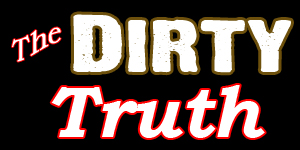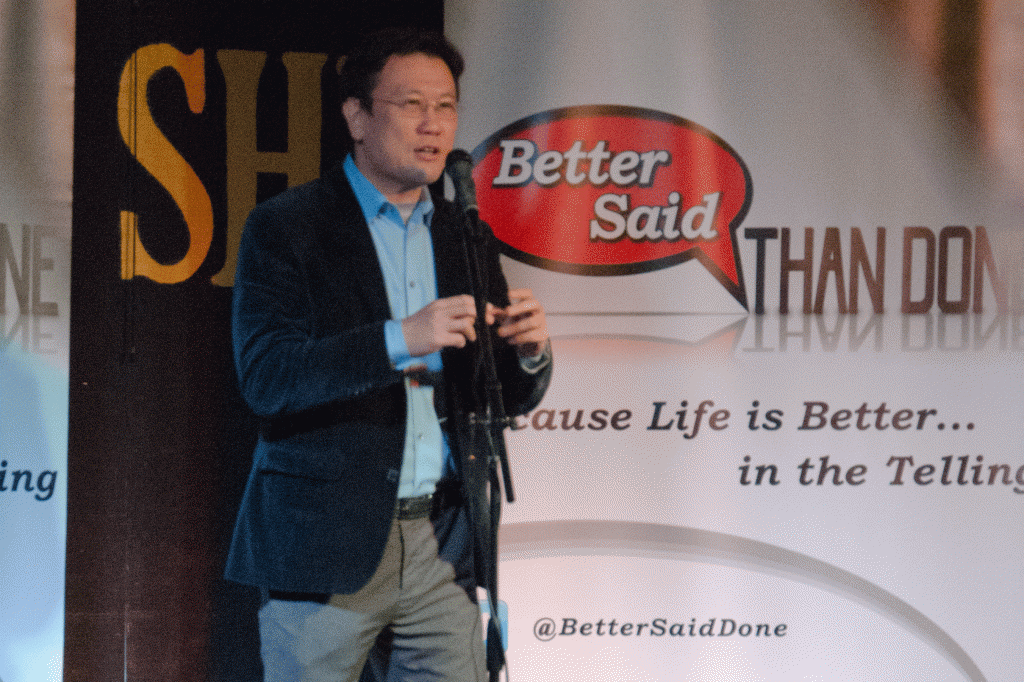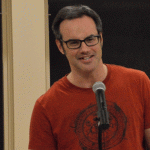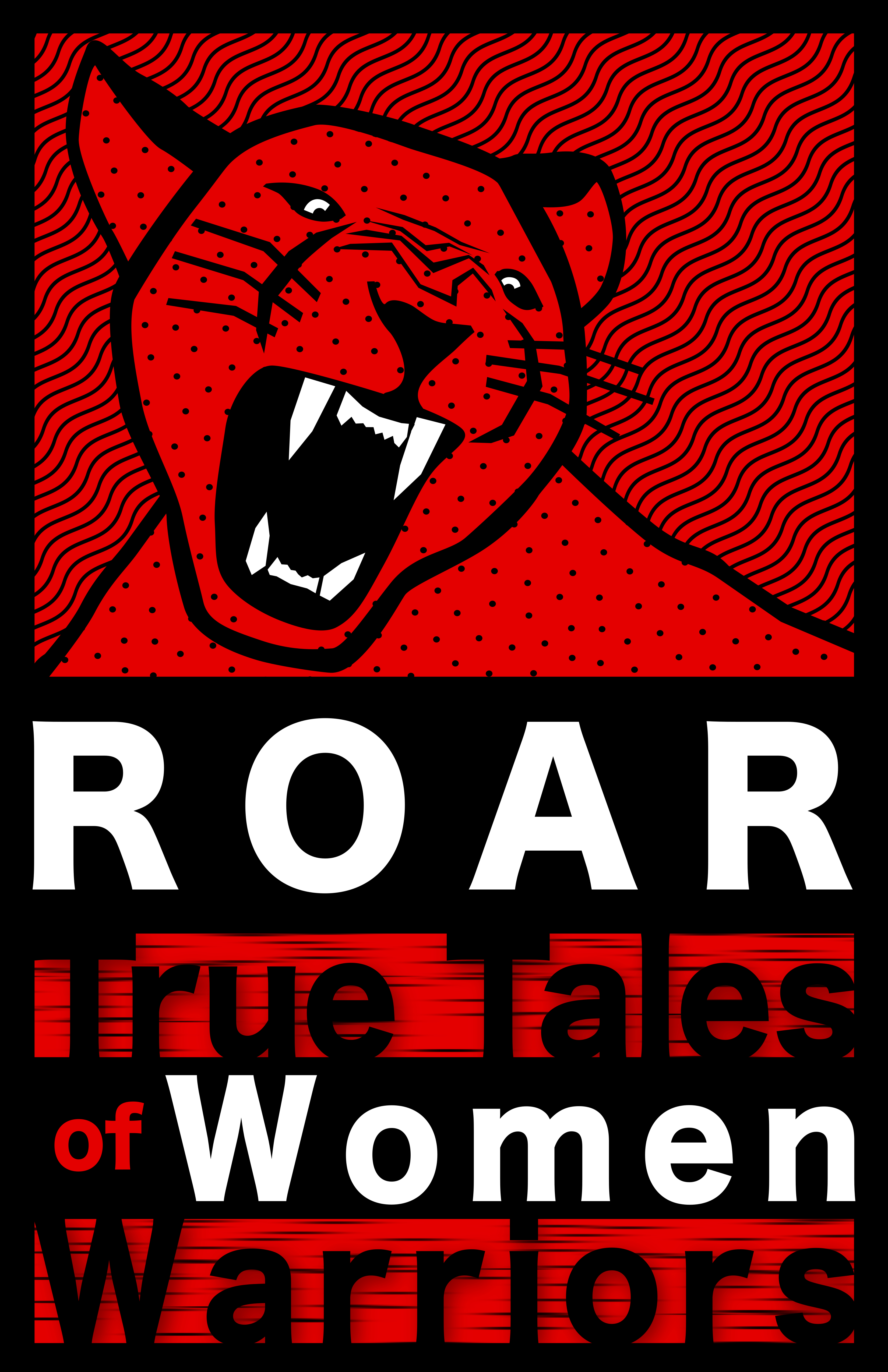 The commentariat loves gifts like the Brian Williams/RPG-gate saga as it allows for easy and unrestrained blogging. Just imagine their relief: What’s this, an esteemed cultural icon – one whose authority in IconLand stems from some pesky yet venerable notion of trust – has been caught fibbing at the expense of American soldiers??? Holy Walter Cronkite, get out the pitchforks because Brian Williams is obviously a giant lying bag of poo. It’s so much fun compared to the tough work of scribing willfully-contrarian and highly qualified think pieces on weighty, gray-area questions such as Who’s Eviler, Putin or Belichick? Throw in that Williams, in many quarters, is considered an egotist a-hole, and you’ve got that rare moment when pundit pros sing in full-throated agreement.
The commentariat loves gifts like the Brian Williams/RPG-gate saga as it allows for easy and unrestrained blogging. Just imagine their relief: What’s this, an esteemed cultural icon – one whose authority in IconLand stems from some pesky yet venerable notion of trust – has been caught fibbing at the expense of American soldiers??? Holy Walter Cronkite, get out the pitchforks because Brian Williams is obviously a giant lying bag of poo. It’s so much fun compared to the tough work of scribing willfully-contrarian and highly qualified think pieces on weighty, gray-area questions such as Who’s Eviler, Putin or Belichick? Throw in that Williams, in many quarters, is considered an egotist a-hole, and you’ve got that rare moment when pundit pros sing in full-throated agreement.
Not that there aren’t a few Williams apologists. Bloggers gotta blog, after all, and ours is a nation accustomed to the idea that there are at least two equally compelling sides to every issue, science be damned. Here, a handful of Williams boosters offer a lame retort: Bush 43 lied worse. Nods all around, sure, but the media shredded W. long ago and haughty Mr. Williams is fresh meat. Next thing you know, his Priceline-inspired attempt at self-adjudication – a few days away to re-commit himself to honesty – has turned into a six-month exile from which he may never return… to the NBC anchor desk. #LesterHolt (My prediction: Williams will one day reclaim the NBC throne.)
But once you get past the suspect hand-wringing and schadenfreude, there’s a useful conversation going on about the importance of truth in storytelling. As storytellers, we learn early on that it’s less the narrative than the details that make a personal story relatable and *engaging*. That’s why we slow things down in the critical scenes, because what’s happening plot-wise isn’t all that’s happening: there are sights, scents, memories, fears, (mis)interpretations, (over)reactions, and entire lifetimes unspooling at the exact moment you thought you were just tying your shoelace. Sometimes, though, it’s difficult to recapture those details. Maybe we recall a feeling and nothing else. It’s in these moments – when we know life’s handed us a great story, if only we knew how to shape it – that we run the risk of making something up.
Now you might think, “Whoa, Mr. Tsk Biscuit! What’s the point of watching the entirety of Breaking Bad if I can’t lift an idea, phrase, or event here and there and repackage it (unconsciously, no doubt) as my own? Isn’t this urge to be something that I’m not – something greater, natch – evidence of my very humanity?” OF COURSE IT IS. But there’s a right and wrong way to play with the truth. Let’s call it the “Brian Williams(TM)” way versus, say, the Michael Zhuang(TM pending) way. (Who’s Michael Zhuang? A local story legend!) As an example, I’ll paraphrase from one of Michael’s recent performances…
 THE SETUP: Michael’s learned that his wife’s been cheating on him and wants to move in with another man.
THE SETUP: Michael’s learned that his wife’s been cheating on him and wants to move in with another man.
THE STORY, per the Brian Williams*** method: I spent three days walking up and down Rockville Pike, amassing a gang of bat-wielding divorced hooligans ready for revenge. We approached my former apartment complex, overturning and then burning vehicles in the surrounding parking lot, until finally, at nightfall, my wife’s lover emerged from the building. We beat that guy within an inch of his life, when my wife suddenly – tenderly – renounced the man and returned to my side. Then I ate her. THE END.
Now let’s hear THE STORY the Michael Zhuang way: “I spent three days walking up and down Rockville Pike. Finally, I went to a sporting goods store and bought a baseball bat. I carried that bat to my former home, approached the man – the man who was sleeping in my bed, who was now sitting on my couch – and smashed his kneecaps so he’d know my pain.”
(Let’s wait a beat, because the Zhuang technique requires a slow burn.)
“That didn’t happen. No, instead, I had to accept that our relationship was over.” THE END.
See what Michael does there? He approximates the “Brian Williams”-patented approach, then leaves you hanging, long enough to gasp (as Michael’s live audience did) when you hear about that whole kneecap thing. “Did Michael really do that?” You wonder for a moment and, just as you’re ready to call “bullshit,” he walks it back. Didn’t happen, folks. And in relieving that tension – by confessing his vulnerability – he’s at once omnipotent and fragile. He gets to have it both ways and the audience begrudges him nothing.
Compare that with Williams’ claims of derring-do. By now, all of us know his discredited yarn: that his Chinook helicopter was strafed with enemy gunfire and hit by an RPG before making an emergency landing in Iraq. Thrilling stuff, coolly delivered by a media pro and with ever-greater embellishments as time’s worn on. A journo’s version of a fish story. But as with actual fish stories, Williams’ tale rings hollow without the vulnerability the Zhuang way demands.
Imagine if Williams’ recounting – instead of focusing on the alternate-reality plot of his journey – had included more detail relating to his internal experience. Say, a specific thought about his family or the way his sweaty hands felt against the hot metal interior of the Chinook. With the right details, he could have told an intense, humanizing story that connected with his viewers even without all that hooey about enemy fire. The audience would have been with him. The simple truth would have been enough.
Williams is an experienced newsman, so I suspect that he knows this. Maybe he withheld those internals because he believed that sharing them is exploitative, either of his family or the servicemen who were with him in the chopper. Or maybe he was being a grandstanding jerk, as his detractors suggest. Either way, a big reason Williams is taking a beating lately is that he broke a cardinal rule of journalism: Make NOT thyself the story.
But storytellers should not take a lesson from this part of his experience. We are not journalists. We are our stories. To remove ourselves would be to take away the single biggest reason the audience bothers to listen. Because most of us aren’t fighting jihadis in some far-off desert; we’re just trying to reconcile our rather-common hopes and fears to the realities of this sometimes cruel and crazy world. And occasionally, something amazing happens. Just ask Michael Zhuang.
***Brian Williams never said this.
The Dirty Truth is a monthly column dedicated to the concept of truth in storytelling, written by Derek Hills and Kathy Baird.
 DEREK HILLS is a storyteller from Washington, DC and performs regularly with local heavyweights SpeakeasyDC, Story League, & Better Said Than Done. His first solo show – No Sex, Please – debuted recently at the Capital Fringe Festival. He’s now working on a new one-act comedy called Prison Break, which satirizes America’s extreme sports culture and will premiere in Fall 2015.
DEREK HILLS is a storyteller from Washington, DC and performs regularly with local heavyweights SpeakeasyDC, Story League, & Better Said Than Done. His first solo show – No Sex, Please – debuted recently at the Capital Fringe Festival. He’s now working on a new one-act comedy called Prison Break, which satirizes America’s extreme sports culture and will premiere in Fall 2015.


One Response to The Dirty Truth: How Brian Williams and Michael Zhuang are Different